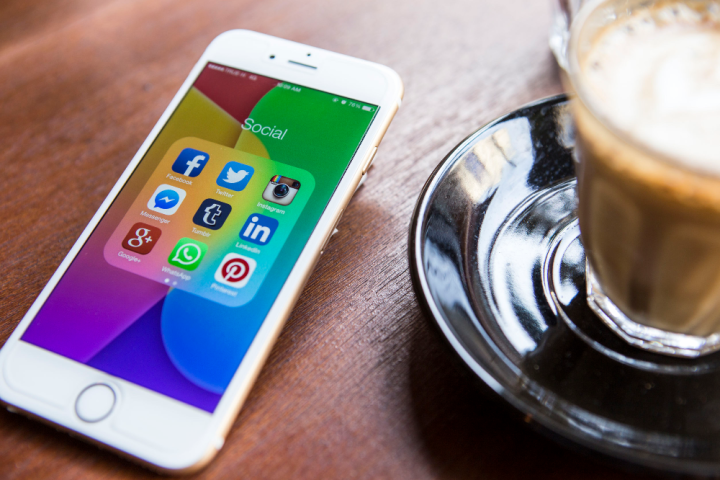
Social media vetting isn’t new — the decision to exclude social media information was reversed after the San Bernadino, California, terrorist attacks in 2015. Earlier this summer, the visa application was updated to include the all the social media handles the applicant has used in the past five years. But, the new policy says that social media data will now be collected on all applicants.
The collected data will be included in the individual’s immigration file, according to the new guidelines in the Federal Register published last week. According to Electronic Frontier Foundation attorney Adam Schwartz, who spoke with BuzzFeed News on the change, the guideline also applies to citizens who communicate with immigrants on social media.
According to the update to the Privacy Act of 1974, the information gathered on immigrants will be expanded to include “social media handles, aliases, associated identifiable information, and search results.” Another update allows the record to source any information that is publicly available on the internet, including data “obtained and disclosed pursuant to information sharing agreements.” The document does not clarify what sharing agreements entails.
The policy also doesn’t outline exactly how DHS will obtain such information, so it’s unclear if social media data that isn’t shared publicly will be included in the search results. The policy also doesn’t detail how search histories will be obtained.
The policy change likely stems from the San Bernardino terrorist that passed three background checks despite a social media account that openly supported violent jihad. The 29-year-old was approved for a K-1 finance visa after screenings by DHS and later killed 14 people with her new husband in 2015.
Critics say, however, that the same policy could also easily allow the government to consider the applicant’s political and religious views in the immigration process. Others say that there is no evidence to suggest that the data helps, while the increased information also increases costs. The potential of hacked accounts and concern over free speech are also creating controversy surrounding the new policy.
“We see this as a larger process of high-tech surveillance of immigrants and more and more people being subjected to social media screening,” Schwartz told BuzzFeed News. “There’s a growing trend at the Department of Homeland Security to be snooping on the social media of immigrants and foreigners and we think it is an invasion of privacy and deters freedom of speech.”
The Privacy Act of 1974 is designed to establish fair practices on how the government collects, maintains, uses and disseminates data for records on an individual.
Editors' Recommendations
- Practically every major social app has a Stories function now. This is why
- Trump signs executive order targeting social media companies
- The 2019 Freedom on The Net report says social media is ruining everything




